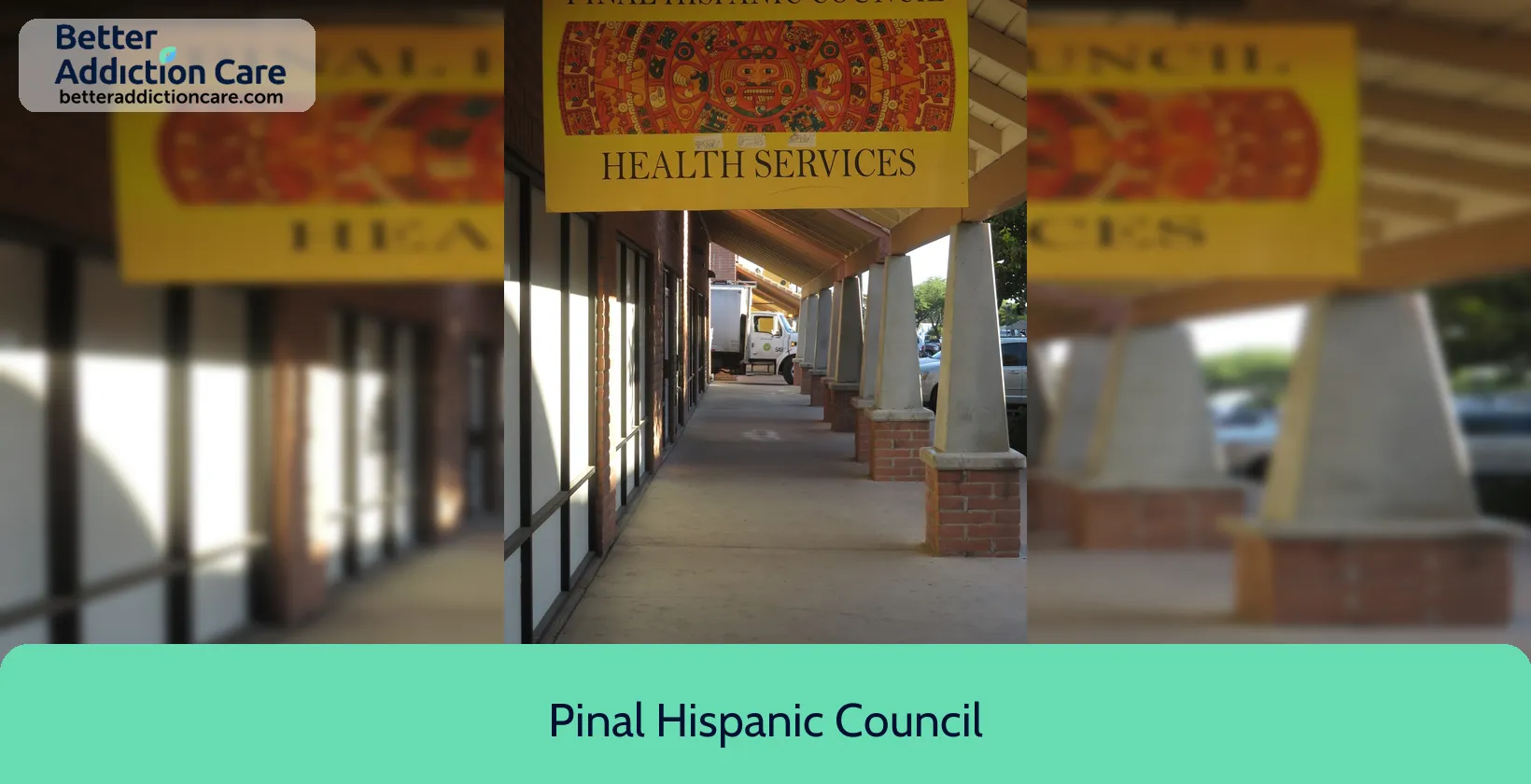
Overview
Intermountain Health Centers is a substance abuse treatment center for people seeking treatment near Santa Cruz County. As part of their treatment modalities for recovery, Intermountain Health Centers provides individual psychotherapy, couples/family therapy, and group counseling during treatment. Intermountain Health Centers is located in Nogales, Arizona, accepting cash or self-payment for treatment.
Intermountain Health Centers at a Glance
Payment Options
- Cash or self-payment
- Medicaid
- Medicare
- State-financed health insurance plan other than Medicaid
- Private health insurance
Assessments
- Screening for tobacco use
- Comprehensive mental health assessment
- Comprehensive substance use assessment
- Screening for mental disorders
- Screening for substance use
Age Groups
- Seniors or older adults
- Young adults
- Children/adolescents
- Adults
Ancillary Services
- Assertive community treatment
- Case management service
- Court-ordered outpatient treatment
- Family psychoeducation
- Psychosocial rehabilitation services
Highlights About Intermountain Health Centers
7.17/10
With an overall rating of 7.17/10, this facility has following balanced range of services. Alcohol Rehabilitation: 8.00/10, Drug Rehab and Detox: 6.62/10, Insurance and Payments: 6.00/10, Treatment Options: 8.06/10.-
Treatment Options 8.06
-
Alcohol Rehabilitation 8.00
-
Drug Rehab and Detox 6.62
-
Insurance and Payments 6.00
Accreditations
State department of health:

State Licenses, issued by government agencies, authorize rehabilitation organizations to legally operate within designated geographical areas. The specific licenses required for operation are typically determined by both the nature of the rehabilitation program provided by the facility and its physical location.
Treatment At Intermountain Health Centers
Treatment Conditions
- Alcoholism
- Mental health treatment
- Substance use treatment
- Co-occurring Disorders
Care Levels
- Outpatient
- Regular outpatient treatment
Treatment Modalities
- Individual psychotherapy
- Couples/family therapy
- Group counseling
- Cognitive behavioral therapy
- Dialectical behavior therapy
Ancillary Services
Languages
- Sign language services for the deaf and hard of hearing
Special Programs
- Clients with co-occurring mental and substance use disorders
- Clients who have experienced trauma
- Children/adolescents with serious emotional disturbance (SED)
- Persons with post-traumatic stress disorder (PTSD)
- Persons with eating disorders
Get Help Now
Common Questions About Intermountain Health Centers
Contact Information
Other Facilities in Nogales

6.80

7.14
DISCLAIMER: The facility name, logo and brand are the property and registered trademarks of Pinal Hispanic Council, and are being used for identification and informational purposes only. Use of these names, logos and brands shall not imply endorsement. BetterAddictionCare.com is not affiliated with or sponsored by Pinal Hispanic Council.
